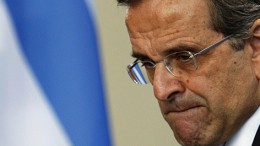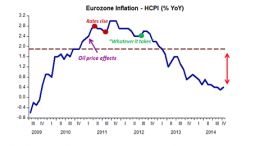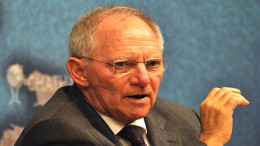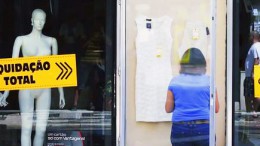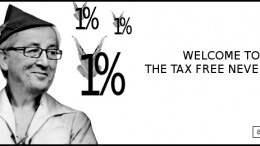MADRID | The Corner | A few weeks ago, Italy’s PM aide said the country had an “atomic bomb” to revive the economy, meaning a massive tax cut primarily on low to middle range wages that would help to boost domestic demand. Indeed, Rome has seen better days: GDP is expected to shrink 0.4% this year, according to the latest European Commission forecasts, far from the 0.8% growth predicted by Rome just after Mr Renzi took office in February. Its industrial sector, a traditional backbone of the Italian economy, registered a 25pp output gap to the eurozone industry since 1999. Yet the current combination of loose monetary policy, lesser fiscal drag or even outright fiscal stimulus, improving credit conditions and a weaker exchange rate leave the country far from being the sick man of Europe, as some have said.

